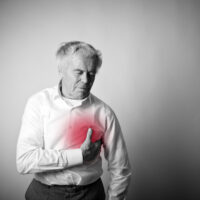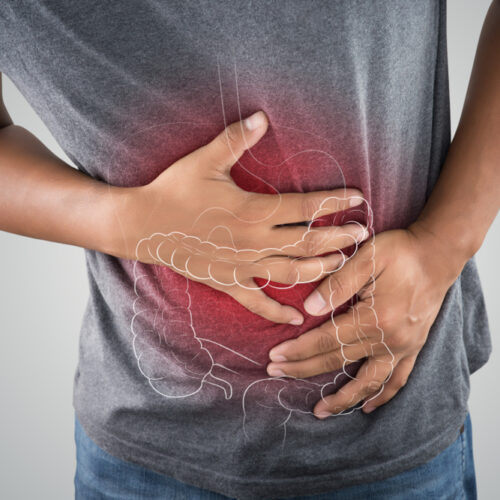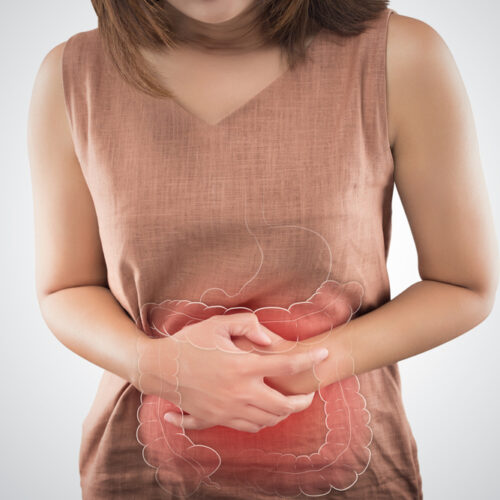The basics of nutrition
There is considerable overlap between two allied subjects, nutrition and dietetics , which is quite natural. To put it succinctly , nutrit ion is the theoretical science or looking into food for the vari ous nutrients and their action and benefits to the body and their reactions and adverse effects or harm to human beings.

Nutrient s are of two types. One is that we require in large quantities and these are also called macronutrients. These can be called energy nutrients for they provide the bulk of the energy the body needs. Energy is measured in kilocalories (kcal) or Joules. For the academically minded 1 kcal equals 4. 186 k ilo j oules .
Carbohydrates : Among the macronutrients, carbohydrates are, by large the biggest contributor. 1gramme of carbohydrate gives the body 4 kcal or 16.8 kilojoules of energy. Carbohydrates, as the name indicates, are chemical compounds consisting of carbon, hydrogen, and oxygen. These are basically sugars and grouped as monosaccharides, disaccharides, and polysaccharides.
Proteins : These compounds of carbon, hydrogen, oxygen and nitrogen. Simple proteins are called monomers which combine to form polymers and are used to; repair tissues. Proteins give 4 kcal per gram or 16.8 k ilo j oules .
Fats : Fats give 9 kcal per gram or 37.8 k ilo j oules . Fats are triglycerides a compound three molecules of fatty acids combine with a molecule glycerol. There are monomers, simple fatty acids and polymers are complex fats.
Fibers : Fiber is carbohydrates. The body do not digest them and sot much of their starch is absorbed. The residue is important to keep the guts clean the food moving down the tract.
Water : Besides being a solvent to all nonfat nutrients it helps the body in many other functions like climate control, waste disposal, help the blood flow and the like.
Micronutrients are required in very small quantities. These are minerals, better called as ions. These are sodium, potassium, calcium, manganese, selenium, zinc, copper, iodine, iron, molybdenum, chloride is all essential for good health. One who takes a well-balanced food will get all these essent ial minerals from the food itself. Hence there is the great emphasis on balanced food.











